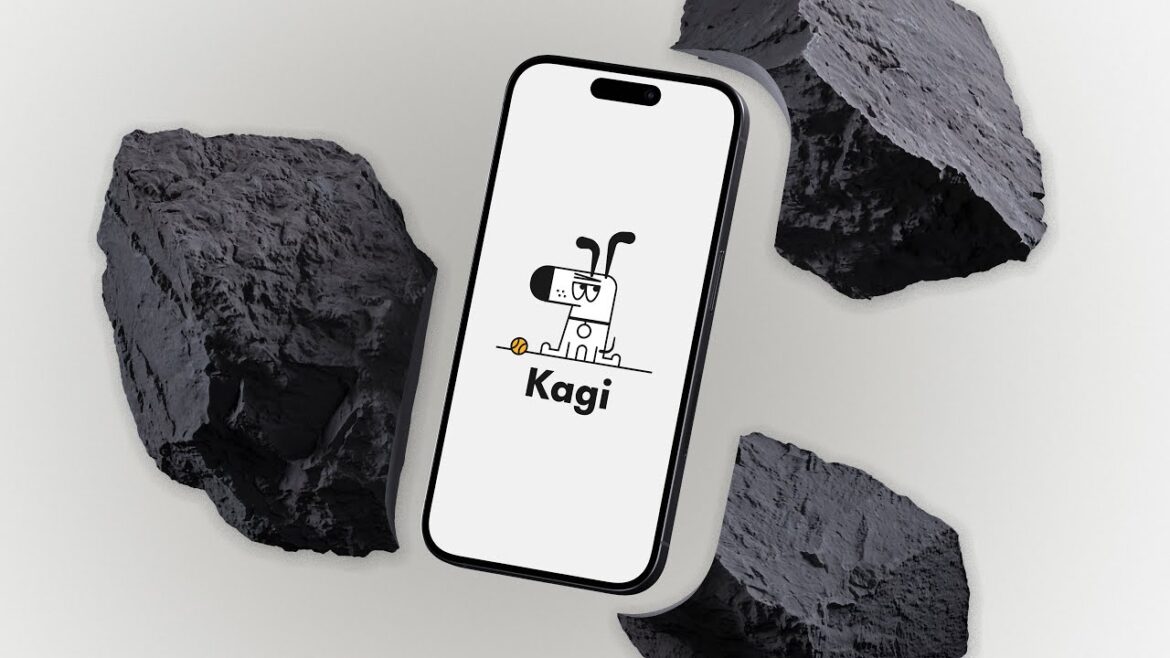1.1K
The Kagi search engine offers an interesting alternative to established search engines such as Google. Learn more about how it works, its advantages and possible disadvantages, and the prospects for users.
What makes the Kagi search engine stand out?
Kagi is a paid, ad-free search engine that is committed to data protection and privacy. Unlike many conventional search engines, Kagi completely refrains from advertising, tracking, and collecting personal data. Its business model is based on a subscription—a monthly fee is charged for regular use.
- A notable feature of Kagi is the ability to customize search settings. Users can block websites, lower or raise their weighting in search results, or give preference to trusted domains.
- Special filters, known as “lenses,” allow users to search for specific sources, file types, or time periods. Kagi also offers a highly customizable user interface (colors, layout, display of favicons, etc.).
- Search results are generated by combining the platform’s own index with anonymized queries from external search engines such as Google or Bing. AI-supported features (e.g., summaries, chatbots) are also integrated, some of which are only available with a higher subscription plan.
- The search engine is characterized by fast loading times and efficient search algorithms. This ensures smooth operation and saves users time in their daily search queries.
What are the strengths and weaknesses of the Kagi search engine?
The Kagi search engine offers both advantages and disadvantages. Here is an overview:
- A major advantage of the Kagi search engine is its high standard of data protection. By foregoing tracking and advertising, user privacy is protected, which is particularly appreciated in times of growing concerns about data security.
- The simplicity and lack of advertising on the user interface can also be seen as an advantage. Users have clear access to search results without being interrupted or distracted by ads.
- A possible disadvantage could be its limited awareness. Since Kagi is still relatively new compared to market leaders such as Google, less information and reviews from other users are available, which may cause uncertainty when using it.
- Larger search engines sometimes offer more features, which can be considered a disadvantage. For example, there are no map, travel, or shopping services like Google; location searches are also less powerful.
How does the Kagi search engine compare to Google?
Compared to Google, there are a few things that are different about Kagi. Here’s what the alternative search engine offers:
- Data protection: Kagi offers a very high level of data protection. No personal data is stored, no user profiles are created, and no tracking or advertising is carried out. Google, on the other hand, collects extensive user data, creates detailed profiles, and uses them for targeted advertising.
- Business model: Kagi is financed exclusively through subscriptions, which means that users pay a monthly fee to use the search engine. Google is free to use, but earns most of its money through advertising.
- Personalization: With Kagi, users determine how their search results are personalized. They can block or prioritize certain websites or adjust their weighting. Google personalizes search results primarily automatically and based on the user data it collects, with limited individual control.
- Features: Kagi focuses on the search itself, a high degree of customization, and some AI features such as summaries and chatbots. Google, on the other hand, offers a large, integrated ecosystem with services such as Google Maps, Gmail, Google Drive, Shopping, and many other additional features.
- Advertising: Kagi does not display any advertising or sponsored search results. Google displays many advertisements and sponsored hits, which are often prominently placed in the search results.

